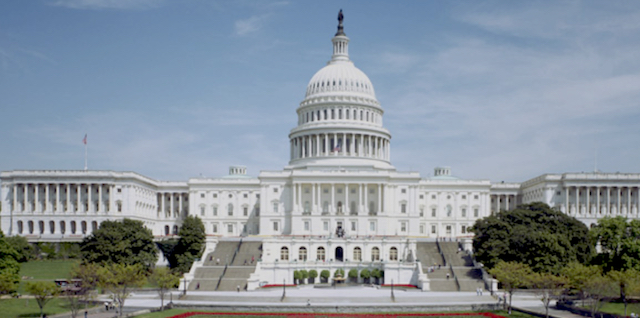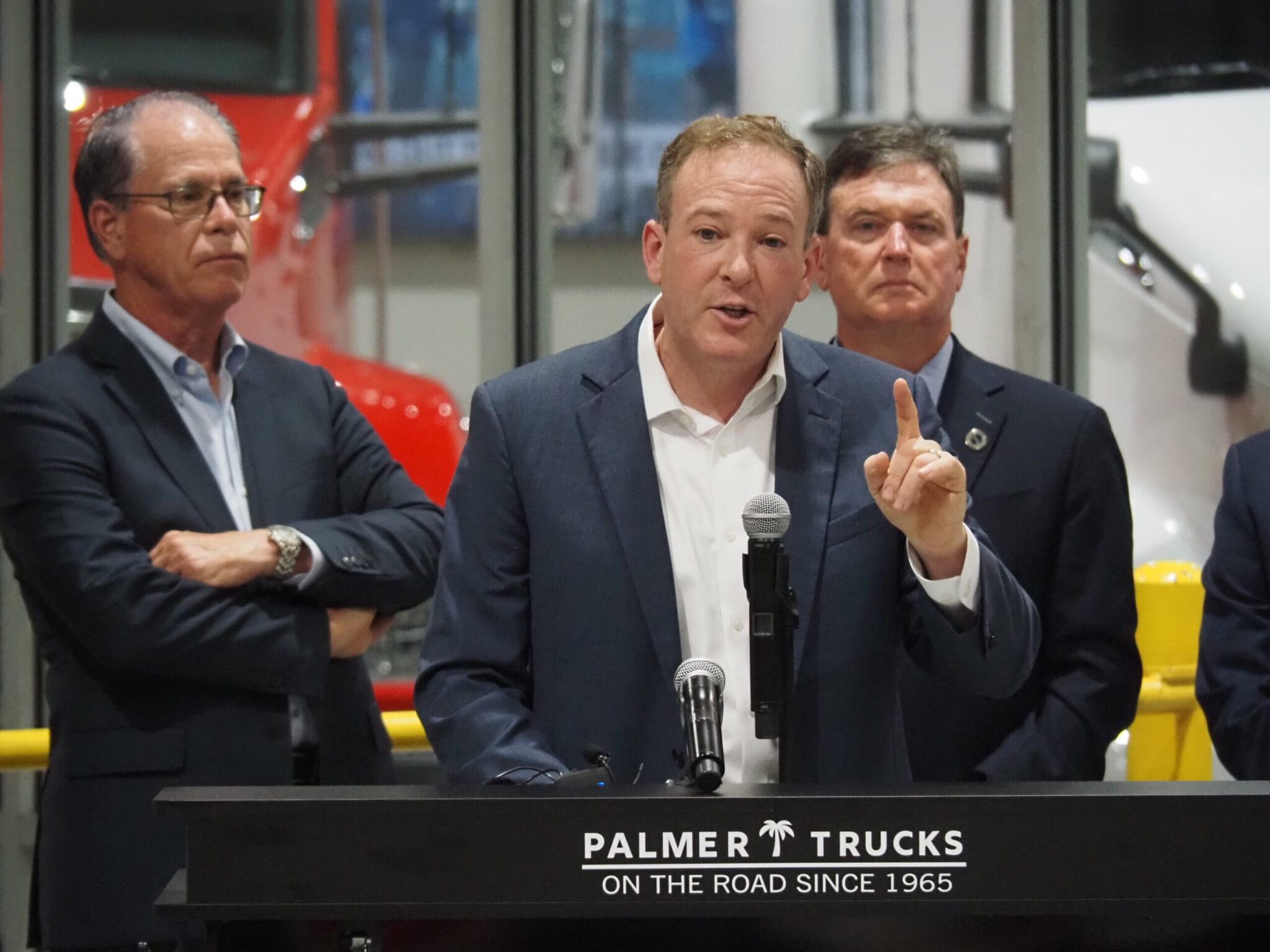House Democrats urge court to repeal Trump’s tariffs
Published 9:04 am Monday, May 19, 2025

- Screenshot
U.S. House Democrats submitted a brief urging a federal court to repeal President Donald Trump’s tariffs, calling the taxes on imports “mercurial” and beyond any import duties authorized by Congress.
The friend-of-the-court brief was signed by 148 lawmakers, including several from Oregon and Washington, and filed May 16 with the U.S. Court of International Trade in New York.
Congress has placed limits on a president’s power to impose tariffs, and Trump has broken them, according to the brief. “Tax and trade are core congressional prerogatives,” the brief reads.
Trending
Democrats filed the brief to support a challenge to the tariffs by blue states, led by Oregon Attorney General Dan Rayfield. A three-judge panel will hear the states’ motion for a preliminary injunction May 22.
The same three judges heard oral arguments May 13 in a lawsuit filed against Trump’s tariffs by small businesses that import goods. The Justice Department argued the tariffs are a lawful response to national emergencies — fentanyl trafficking and trade deficits.
The upcoming hearing may cover the same arguments, though the three judges may have sharpened their questions for a second go-round. The case may turn on how the judges view a 1977 law and a 1975 court ruling.
Trump claims the 1977 International Emergency Economic Powers Act gives him authority to impose tariffs. The act allows the president to “regulate” imports and exports to meet an unusual and extraordinary threat.
Presidents have invoked the emergency powers act 69 times to impose trade embargoes, freeze assets, impose sanctions and regulate financial transactions, but no president until Trump has used it to impose tariffs, according to Democrats.
Democrats claim Trump has stretched the meaning of “regulate.” Dozens of federal agencies regulate, but don’t have the power to tax, Democrats argue.
Trending
Several trade-related acts explicitly allow the president to impose modest, focused and temporary tariffs, but the words “tariffs” or “duties” do not appear in the emergency powers act. If Congress wanted the act to be used to impose tariffs, it would have been clearer, the Democrats argue.
The Justice Department argues a 1975 case, Yoshida International v. United States, favors Trump. The case stemmed from President Richard Nixon imposing a 10% tariff on imports in 1971 to address a growing trade deficit.
Nixon cited the emergency powers act’s predecessor, the Trading with the Enemy Act, which also allowed the president to regulate imports in a national emergency.
An importer of zippers from Japan sued, but a federal court upheld Nixon’s tariffs, which had long been lifted. The Justice Department argues Yoshida requires the court to uphold Trump’s tariffs.
Blue states argue Yoshida only confirmed that the president has the power to impose temporary and modest tariffs.
Oregon Reps. Suzanne Bonamici and Maxine Dexter, and Washington Reps. Suzan DelBene, Rick Larsen, Kim Schrier, Adam Smith and Marilyn Trickland signed the brief.








